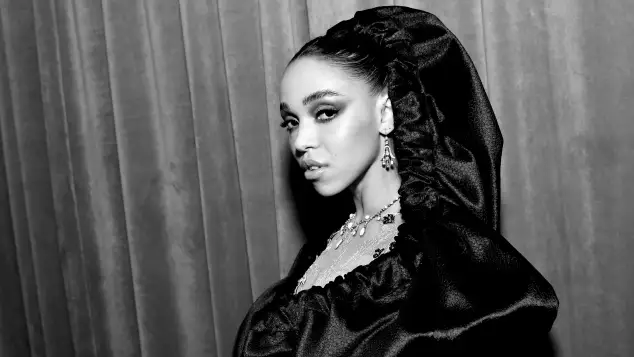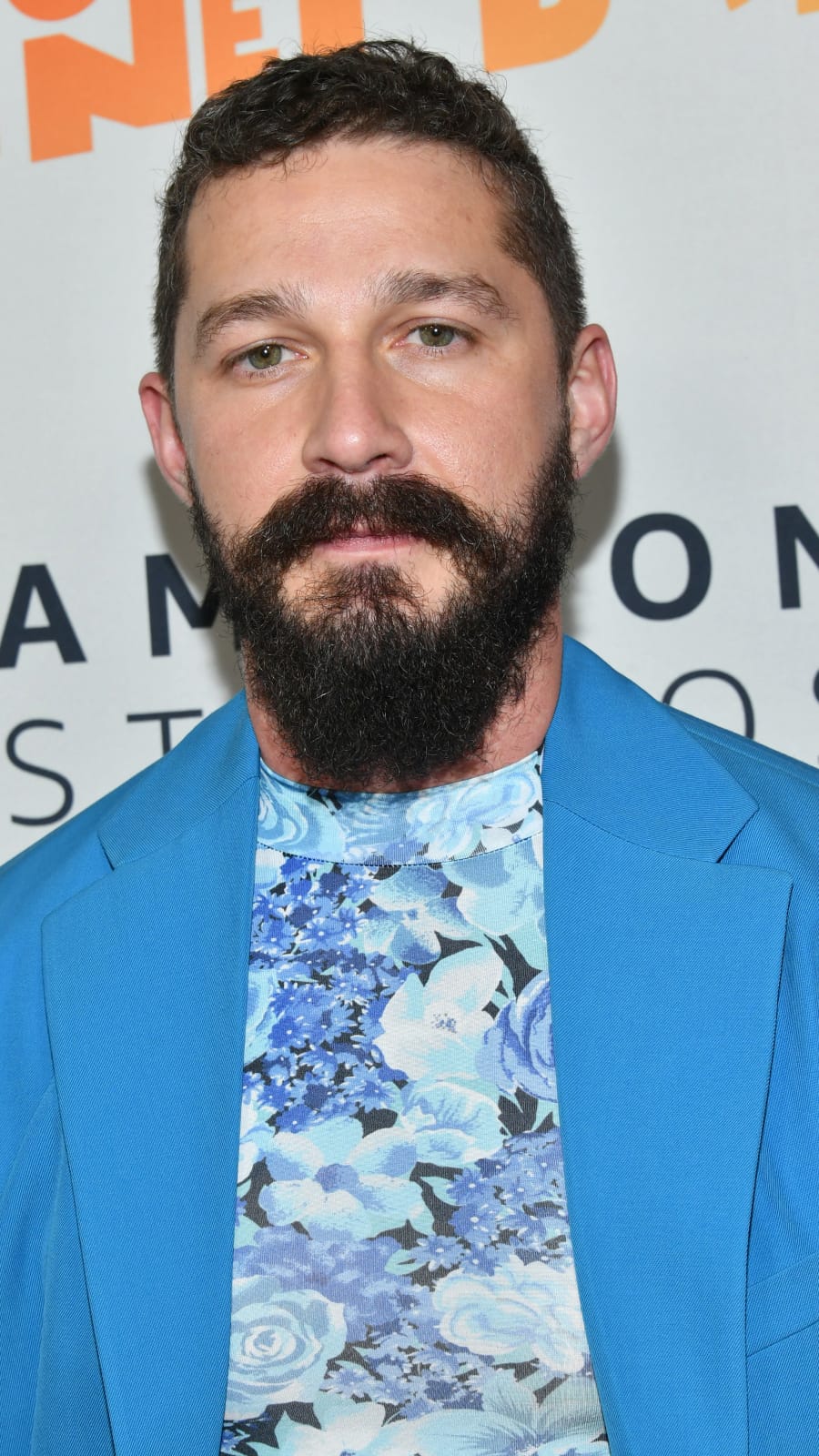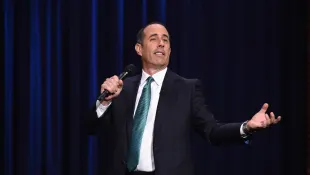Singer FKA Twigs is opening up to the public about the "wake-up call" she felt following the alleged abuse she suffered at the hands of her ex-boyfriend and famous actor, Shia LaBeouf.
LaBeouf is currently facing charges of abuse from Twigs after she came forward about physical, sexual, and emotional abuse throughout their relationship.
FKA Twigs is revealing her scary wake-up call
A month following her lawsuit against Shia LaBeouf, FKA Twigs isn't holding back about her experience with the famous actor and is revealing the moment she realized she needed help.
While appearing on the podcast Grounded, FKA Twigs is revealing how she processed certain events, and what made her really understand things were much worse than she thought.
The singer had previously revealed that LaBeouf allegedly sexually and physically assaulted and battered her and knowingly gave her a sexually transmitted disease.
But in the podcast interview, Twigs, born Tahliah Debrett Barnett, said that there was one moment that really made her realize things were out of control.
She alleged that the Honey Boy actor threw her against their car at a gas station, while onlookers kept moving, not stepping in to help even as he allegedly had his hands around her neck.
"Nobody did anything," she said. "That was a really low moment for me because I felt like I would never be believed. Nobody stepped in. For me, that was a real moment of like, 'Okay, no one is going to believe me,' because I'm the type of person if I saw something happening, I will go and help somebody, that's just who I am."
She added, "But to have people see me being treated in that way and not do anything — I felt really disheartened."
Barnett then continued saying that she ended up calling a women's helpline and reached out for someone to listen to her.
"I remember going back to where I was staying and calling an abused women's helpline ... and her reaction to me was so serious," she said.
"She was like, 'Okay, from what you've said it feels to me like you're in an unsafe place. Does your abuser know where you are? Can you get to a safe place? Who have you told about this? Is there somewhere else that you can stay?'" she recalled.
Barnett said that the call was just like calling a 911 dispatcher and that the conversation was "very black and white."
Barnett then continued and said that having it be so procedural and straightforward, she felt that she could come forward and open up to others about her experience.
"It felt really like, 'Whoa, somebody that I don't even know, that doesn't even know that I'm a singer or anything like that' — somebody is taking this so seriously and wants to get me somewhere safe," she said. "That was a really massive wake-up call."
She then added that after coming forward and getting the help she deserved, it made her realize the severity of what she was going through, and she started reaching out to friends and family.
"That's the time when I realized I need a lot of help to get out of this," she said.
"That's when I started messaging, I messaged my best friend and I said, 'I'm in a really abusive relationship, and it's really bad.' I got a therapist who I started seeing twice a week," she continued.
After a few months, Barnett felt she was able to leave, and leave for good.
Last month, Barnett told the New York Times that "what I went through with Shia was the worst thing I've ever been through in the whole of my life," and LaBeouf came forward himself to neither deny nor confirm any allegations.
"I have no excuses for my alcoholism or aggression, only rationalizations. I have been abusive to myself and everyone around me for years," LaBeouf wrote in a letter to The Times.
"I have a history of hurting the people closest to me. I'm ashamed of that history and am sorry to those I hurt. There is nothing else I can really say," he added, although in a separate email said that "many" of the allegations are false.














